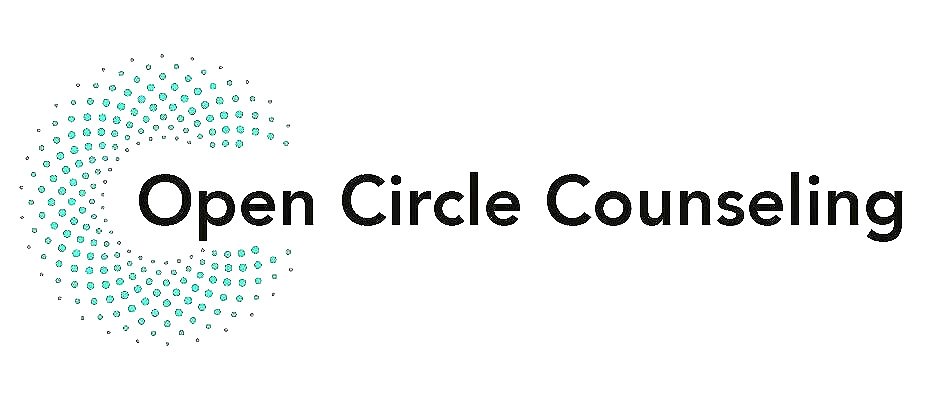Bipolar II disorder basically differs from Bipolar in the severity of the elevated mood states. While people with Bipolar I experience full manic episodes, those with Bipolar II experience hypomania—elevated mood states that are less severe but still disruptive. However, what often makes Bipolar II so challenging is that people typically spend much more time in depressive states than in hypomanic ones.
These depressive episodes can last months or even years, and they frequently don't respond well to standard treatments. The traditional approach of combining mood stabilizers with antidepressants carries the risk of triggering hypomanic episodes or rapid cycling between mood states.
These treatment challenges leaves many people with Bipolar II feeling trapped between inadequate relief from depression and the risk of worsening their overall condition.
Enter Ketamine: A Different Approach
Ketamine, originally developed as an anesthetic, has emerged as a groundbreaking treatment for depression. Unlike traditional antidepressants that primarily target serotonin, norepinephrine, or dopamine systems, ketamine works through a different mechanism: the glutamate pathway.
When administered in controlled, subanesthetic doses, ketamine appears to rapidly repair neural connections damaged by chronic stress and depression. This process, known as synaptogenesis, essentially helps the brain rebuild itself.
What makes ketamine helpful for Bipolar II depression is how fast it can help. While conventional antidepressants may take weeks to show benefit, ketamine can produce significant mood improvements within hours or days.
Promising Research for Bipolar Depression
Research specifically examining ketamine's effects on bipolar depression is still evolving, but early findings are encouraging:
A 2012 study published in the journal Biological Psychiatry found that a single ketamine infusion produced a rapid antidepressant effect in patients with treatment-resistant bipolar depression.
A 2017 review in the Journal of Clinical Psychiatry indicated that ketamine demonstrated rapid and robust antidepressant effects in bipolar depression without triggering manic symptoms when used in conjunction with mood stabilizers.
More recent studies suggest that ketamine may temporarily reduce suicidal thoughts, a critical benefit given the elevated suicide risk in bipolar disorder.
Perhaps most importantly, ketamine appears to have a lower risk of triggering hypomania or mania compared to traditional antidepressants when properly administered and monitored—addressing one of the core challenges in treating Bipolar II depression.
Beyond the Medication: The Therapy Component
What truly differentiates modern ketamine treatment approaches is the integration of psychotherapy. This combined approach—ketamine-assisted therapy—leverages both ketamine's neurochemical effects and the psychological processing that can occur during and after treatment, leading to deeper change, healing and growth.
During ketamine sessions, many patients experience:
Increased psychological flexibility, loosening of depressive thoughts
Enhanced perspective on persistent negative thought patterns
Less fixation on being depressed, feeling guilt about being depressed, and hopelessness
Greater emotional openness and receptivity to therapeutic interventions, more hopeful and often more energized
These qualities create a unique therapeutic window where individuals can process emotions and experiences differently. When combined with a skilled, properly trained therapist, this can lead to insights and breakthroughs that may take years in traditional talk therapy realms.
Important Considerations
While the potential benefits of ketamine-assisted therapy for Bipolar II are significant, several important considerations must be addressed:
Medical screening and monitoring: Ketamine treatment requires thorough medical screening and follow up appointments with the prescriber.
Integration with mood stabilizers: Ketamine treatment for bipolar depression should generally be used as an adjunct to, not a replacement for, mood-stabilizing medications.
Individualized approach: Response to ketamine varies significantly between individuals, and treatment protocols must be tailored accordingly.
Therapeutic context: Appropriate and effective psychotherapy is crucial for maximizing benefits and processing the experiences that emerge during dosing sessions.
Insurance and accessibility: Many insurance plans still don't cover ketamine for depression, creating possible financial barriers to access.
As research continues and clinical experience grows, ketamine-assisted therapy represents one of the most promising developments for treatment-resistant bipolar depression in decades. Its novel mechanism of action, rapid effects, and potential for deeper therapeutic processing open new possibilities for those who have struggled with inadequate relief from conventional approaches.
I am excited to offer this modality to people who have lived with depression for far too long. Contact me today to talk more about how ketamine-assited therapy may help you.
